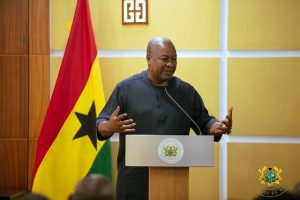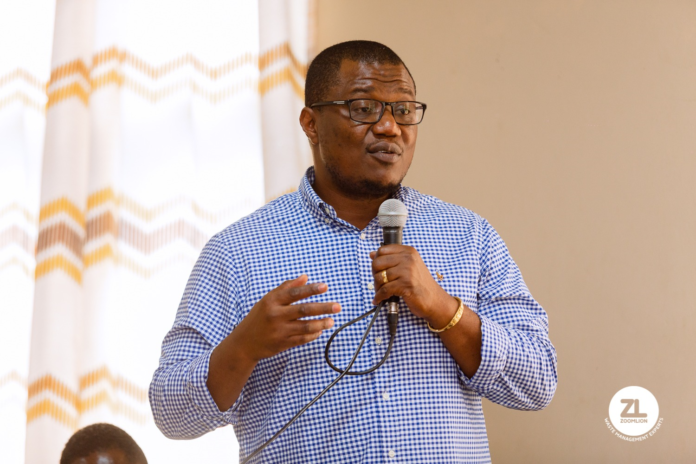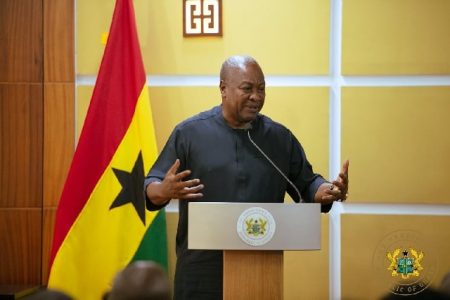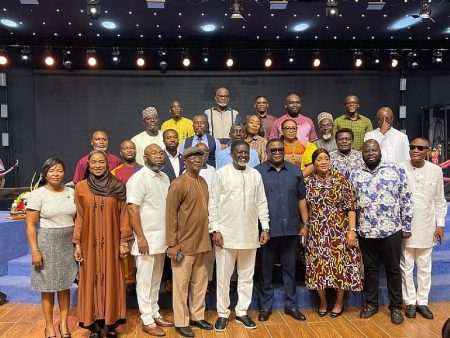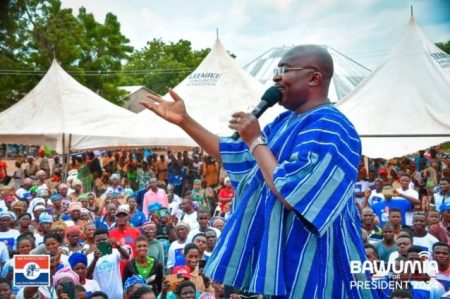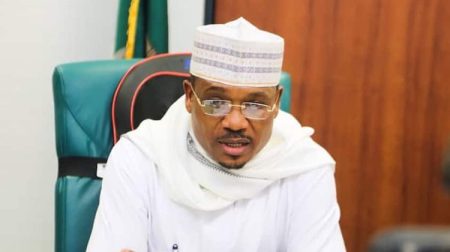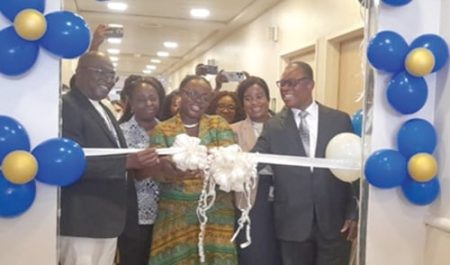The New Patriotic Party (NPP) in Ghana finds itself at a crossroads following its defeat in the 2024 general elections. A critical internal report, commissioned to dissect the reasons behind the loss and chaired by former Speaker of Parliament Professor Mike Oquaye, has become a focal point of contention within the party. While the NPP leadership, particularly Communications Director Richard Ahiagbah, insists on keeping the report confidential for internal use, dissenting voices, such as Dr. Nana Ayew Afriyie, Member of Parliament for Effiduase Asokore, are advocating for its public release. This internal debate highlights a fundamental disagreement on the best approach to rebuilding trust and regaining public support after an electoral setback. The transparency of the process, or lack thereof, will likely play a significant role in shaping the party’s future trajectory.
Dr. Afriyie’s argument centers on the belief that transparency and public accountability are essential for healing and rebuilding trust. He contends that by openly acknowledging and addressing the shortcomings identified in the report, the NPP can demonstrate a genuine commitment to learning from its mistakes. This approach, he argues, would resonate with the electorate and ultimately contribute to the party’s recovery. Shielding the report from public scrutiny, on the other hand, risks perpetuating an image of defensiveness and a reluctance to engage in meaningful self-reflection. This perception could further alienate voters and hinder the party’s efforts to regain lost ground. Dr. Afriyie believes that the potential for short-term ridicule is outweighed by the long-term benefits of open and honest engagement with the public.
He underscores the potential for long-term gain, emphasizing that the initial criticism and scrutiny would eventually give way to a focus on the party’s efforts to implement corrective measures. He believes that Ghanaians are discerning enough to appreciate a genuine commitment to improvement, even if it comes after a period of public criticism. This perspective contrasts with the protective stance adopted by the party leadership, who seem to prioritize shielding the NPP from potential embarrassment over fostering public trust and accountability. This divergence of opinion underscores the challenges facing the NPP as it grapples with the aftermath of defeat and attempts to chart a course forward.
Adding another layer of complexity to the situation are Dr. Afriyie’s revelations about internal voter apathy and defection. His assertion that a significant percentage of NPP supporters either voted for the opposition National Democratic Congress (NDC) or abstained from voting altogether points to deep-seated issues within the party’s base. This internal dissent, coupled with the broader electoral loss, necessitates a thorough examination of the factors that contributed to this disaffection. Understanding the motivations behind these voting patterns is crucial for the NPP to regain the support of its traditional voters and rebuild a strong foundation for future elections. The reluctance to release the report could be interpreted as an attempt to avoid confronting these difficult internal realities.
The Oquaye Committee report, formally presented to the NPP’s National Executive Committee (NEC) in April 2025, remains under wraps. The party’s official stance, articulated by General Secretary Justin Kodua Frimpong, is that the report’s recommendations will be considered internally. However, the absence of any public disclosure fuels suspicion and speculation about the content of the report and the party’s willingness to address the issues it raises. The growing calls for transparency, both from within and outside the party, underscore the importance of accountability in regaining public trust. This lack of transparency not only hinders the party’s ability to learn from its mistakes but also creates an environment of distrust, both within the party and among its supporters.
The NPP’s path forward hinges on its ability to navigate this delicate balance between internal reflection and public accountability. The decision to withhold or release the Oquaye report will send a clear message about the party’s commitment to transparency and its willingness to engage in genuine self-critique. A transparent approach, while potentially painful in the short term, could ultimately pave the way for rebuilding trust and reclaiming lost ground. Conversely, continued secrecy risks exacerbating existing divisions and hindering the party’s ability to learn from its mistakes. The handling of this internal report will likely be a defining moment for the NPP as it seeks to redefine its identity and regain its footing in the Ghanaian political landscape. The party must carefully consider the long-term implications of its actions, recognizing that genuine accountability and open dialogue are essential for restoring public confidence.



